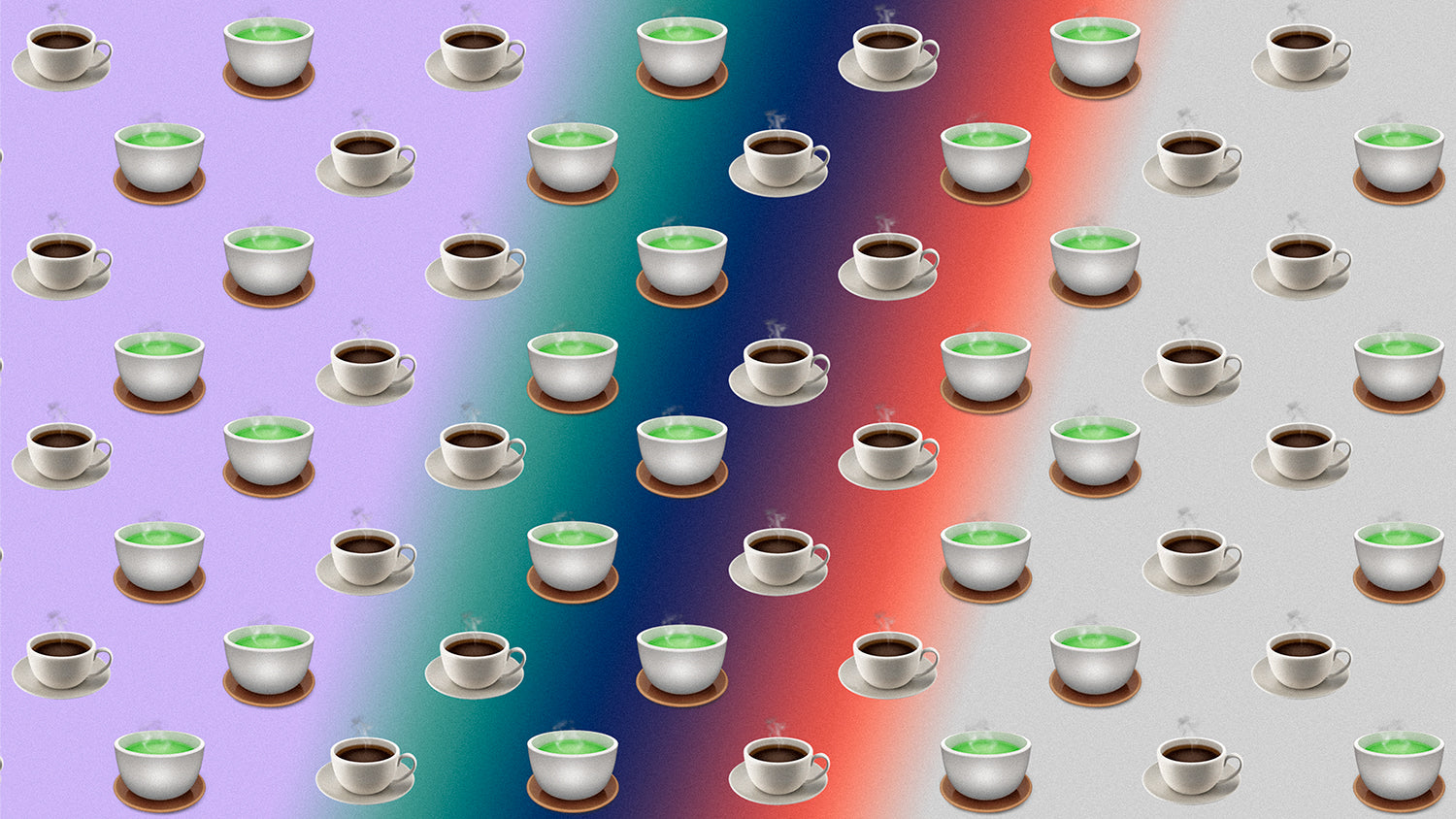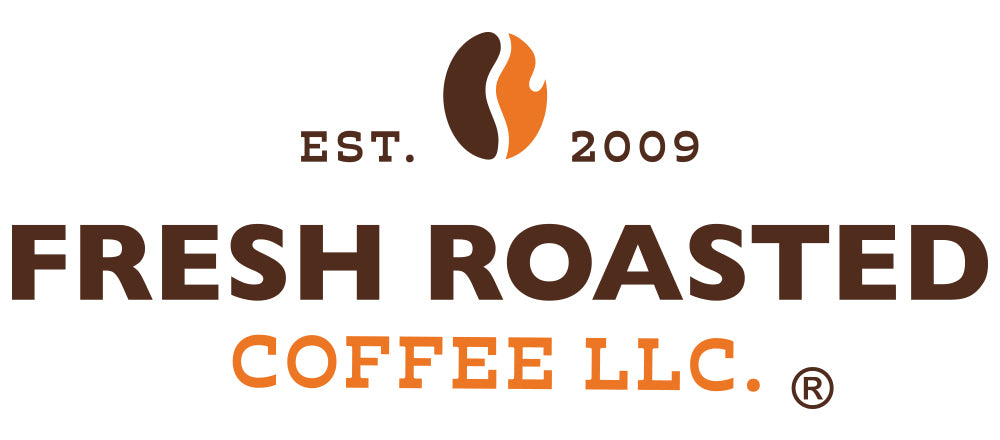Coffee Substitutes, Tea Emojis, and Superautomatic Espresso Machines

-
A Brief History Of Alternative Coffee Substitutes
By N.C. Stevens for Sprudge“It turns out, coffee can be a bit of a loose concept once we develop a taste for it. For nearly 200 years, scarcity, austerity, and ingenuity have all helped coffee drinkers drink coffee that, well, isn't coffee. Now, 21st century health concerns and a booming beverage market drive entrepreneurs to launch new coffee substitute products using some old school recipes and some new tricks. But what exactly are these drinks substituting? And why are we faking our coffee in the first place?”
continue reading ➞ -
What Emoji Tell Us About the History of Tea
By Charlene Wang de Chen for Smithsonian Magazine“When searching for a tea emoji on most text messaging apps, a range of options appear. One shows what looks like green liquid in a white bowl. Another features a saucer and a cup filled with a darker liquid that doubles as coffee. These emoji's designs allude to the long history of tea, tracing how this centerpiece of a cherished Asian tradition grew into a global beverage. For most of recorded history, the word 'tea' referred to green tea from China and later Japan—illustrated by the emoji officially called 'teacup without handle.'”
continue reading ➞ -
Is specialty coffee starting to embrace fully automatic espresso machines?
By Jordan Pulley for Perfect Daily Grind“There's a reason why both businesses and consumers invest in fully automatic coffee machines: unparalleled convenience. These machines can grind, tamp, and extract coffee at the touch of a button, with some even able to foam and dispense milk to make a range of drinks. To add to this, the precision of fully automatic machines is only improving. Now more than ever, users are able to control different variables - ranging from grind size to extraction time to how much microfoam is dispensed. However, the argument still remains that these machines can diminish the 'craft' of making coffee.”
continue reading ➞ -
Study: Coffee Consumption Associated with Reduced Frailty Later in Life
By Daily Coffee News“Adults who regularly drink coffee in their midlife adult years may have significantly reduced physical frailty later in life, according to a new study involving 12,000 participants. Led by researchers from the National University of Singapore (NUS) using data from the Singapore Chinese Health Study, the study found an association between increased caffeine intake through coffee or tea and decreased incidence of physical frailty in aging.”
continue reading ➞ -
Is there a universal way to approach roast profiling?
By Daniel Lancaster for Perfect Daily Grind“Any roaster will tell you that every coffee is different. Whether it's different origins (or even regions), varieties, processing methods, or bean densities, there are many factors which influence how you roast coffee. It's ultimately a roaster's responsibility to bring out the best characteristics of each coffee - and potentially highlight more of its nuanced qualities. So bearing in mind that no two coffees are exactly the same, roasters will need to develop different roast profiles for each one to get the best results. But is there a universal approach to roast profiling that coffee professionals can follow - and then tweak accordingly for every coffee? Or is it best to take a different approach every time?”
continue reading ➞

Leave a comment